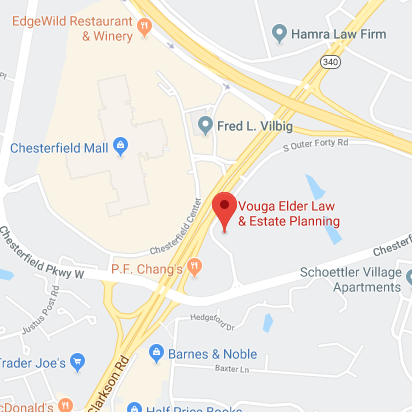Hi. I’m Dana Vouga, Certified Senior Advisor and Elder Law Paralegal with Vouga Elder Law & Estate Planning. First, know we are sorry for your loss. It can be a very difficult dealing with the emotional loss of a loved one and not really knowing where to turn or what to do next.
All of us in the firm has lost someone special to us at one time or another. We know that some days are good, and some days aren’t. It’s ok. We understand. We will help you deal with the part of life that must keep going, while you work on the emotional part. We will work with you, hand in hand, to get through the legal aspects of losing a loved one. The next steps to take will depend on what estate planning, if any, your loved one had in place.
Situation – No will or trust: If your loved one has no Last Will and Testament (a Will) and has assets in their individual name (without a beneficiary designation), this is called dying intestate. This will require you to go through a Probate Court supervised estate administration. This is commonly referred to as Probate. Dying intestate makes Probate more challenging because it requires Probate Court supervision, adds expenses, the law determines who inherits the decendent’s assets, and generally lengthens the time to distribute the estate.
Situation – Will in place: If your loved one had a Last Will and Testament, Probate is still required. However, your loved one will have determined who inherits, who will handle their Probate (their Personal Representative formerly known as Executor or Executrix) and ask that the Probate Court have minimal supervision.
Situation – Trust in place: If your loved one had a Revocable Living Trust or Asset Protection Trust, there will be Trust Administration to transfer the assets in the trust to the beneficiaries. Having a trust avoids Probate and makes asset distribution much easier.
No matter the level of assistance you need after a loved one passes, we will be able to help in all areas of estate or trust administration.




